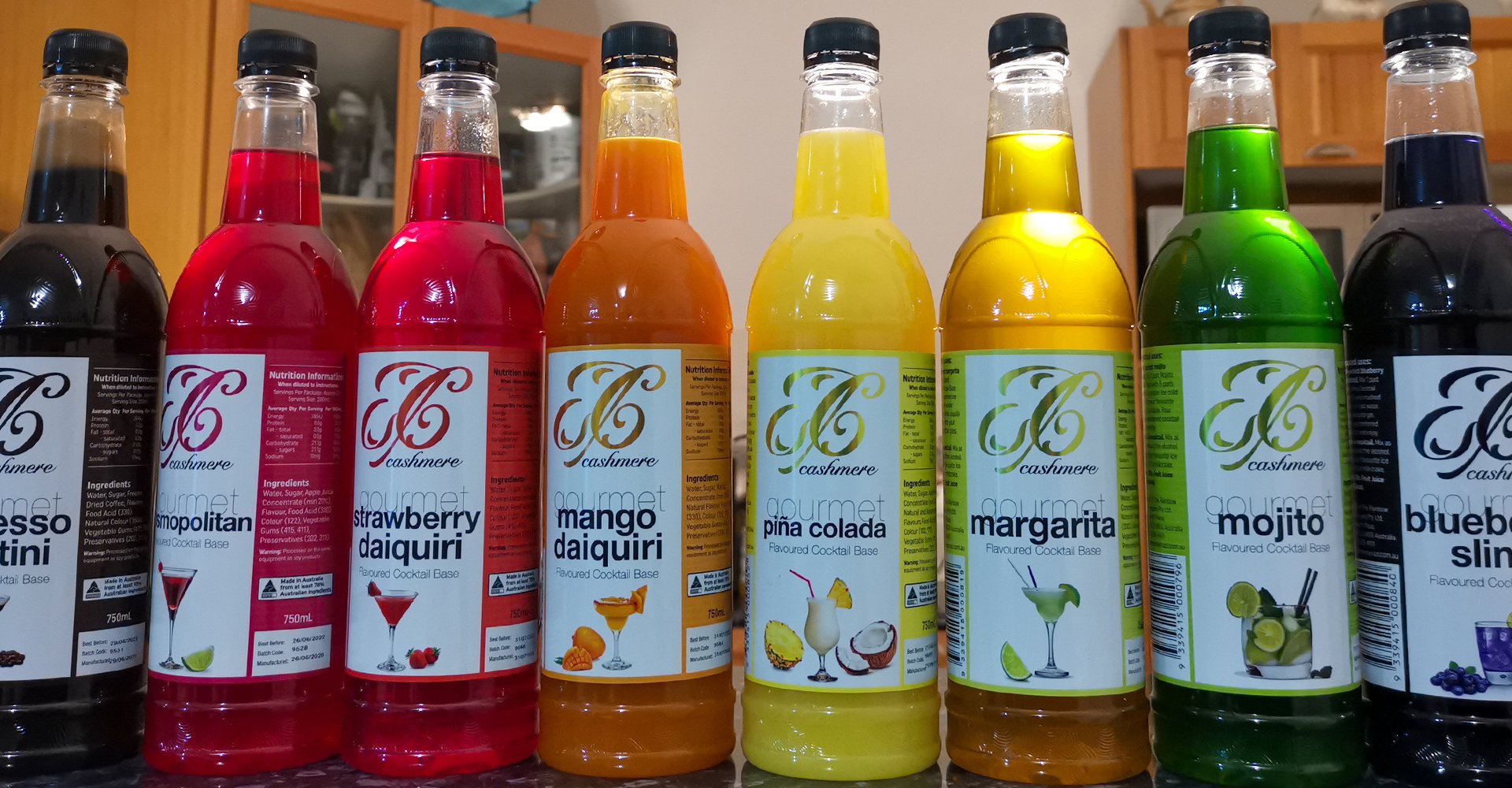As our lives become increasingly busy and demanding, it's crucial to prioritise self-care. One essential aspect of self-care is the ability to say "no" and set healthy boundaries.
Although it can be challenging to say "no" to others, especially if we're people-pleasers or afraid of disappointing others, it's a vital skill to develop for our overall well-being.
In this blog post, we will explore the power of saying "no" and setting boundaries as a form of self-care.
Why Saying "No" is Important
Saying "no" can be difficult for many of us. We may fear that we will let others down, be seen as selfish or rude, or miss out on opportunities. However, learning to say "no" is crucial for maintaining our physical, mental, and emotional health. Here are some reasons why saying "no" is essential:
- Protecting Your Time and Energy: Our time and energy are precious resources. When we say "yes" to every request or opportunity that comes our way, we can easily become overwhelmed and overextended. Learning to say "no" allows us to protect our time and energy so that we can focus on what truly matters to us and avoid burnout.
- Setting Priorities: Saying "no" helps us set clear priorities. It allows us to assess what is truly important to us and align our actions with our values and goals. It helps us avoid getting caught up in other people's expectations and demands and empowers us to make choices that are in line with our own needs and desires.
- Establishing Healthy Boundaries: Saying "no" is a powerful tool for establishing healthy boundaries. It enables us to set limits on what we are willing to do or tolerate, and communicate our needs and boundaries to others. This helps prevent us from being taken advantage of or constantly putting others' needs above our own.
- Honouring Self-Respect: Saying "no" is an act of self-respect. It signals that we value ourselves and our well-being enough to assert our boundaries and protect ourselves from being overwhelmed or stretched too thin. It also sets a precedent for how we expect others to treat us, and encourages them to respect our choices and decisions.
Saying "no" doesn't mean being rude or dismissive. It's about asserting yourself in a respectful and assertive manner.
So how do we say "No" effectively to maintain healthy boundaries?
How to say "no" effectively:
Be Clear and Direct
When saying "no," be clear and direct about your decision. Avoid using ambiguous language or beating around the bush, as it may lead to misunderstandings or confusion. State your decision firmly and respectfully.
Offer Alternatives
If you want to soften the impact of saying "no," offer alternatives. For example, you can suggest an alternative solution, recommend someone else who can help, or propose a different time or way of doing things. This shows that you are willing to be helpful, but within your own boundaries.
Don't Over Apologise
It's okay to express regret for not being able to fulfill a request, but avoid over apologising or feeling guilty for saying "no." Remember that it's not selfish to prioritise your own well-being and set boundaries. You have the right to say "no" without feeling guilty.
Be Firm and Confident
It's important to be firm and confident when saying "no." Avoid being wishy-washy or apologetic, as it may invite others to challenge your decision. Stand your ground and communicate your decision with confidence and conviction.
Saying "no" and setting boundaries are powerful acts of self-care that can have a transformative impact on our lives. It's important to understand that it's okay to prioritize ourselves and set limits on what we can or cannot do.









